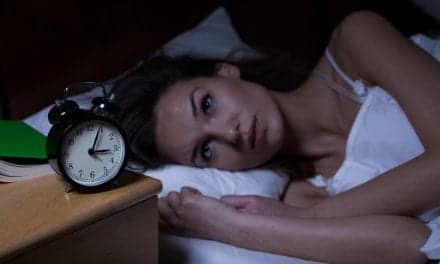New data presented at the SLEEP 2016 annual meeting reveals that childhood trauma, including divorce, abuse, and parental death, is associated with insomnia in adulthood. To evaluate the possible associations of current insomnia status and childhood stressors, the research team analyzed data from the Sleep and Healthy Activity Diet Environment and Socialization (SHADES) study for 1,007 adults aged 22 to 60 years. Insomnia was determined via the Insomnia Severity Index.
The participants in the study self-reported psychosocial stressors including child abuse, parental divorce, parental death, or having a parent diagnosed with depression or anxiety, according to a Healio news report. The results of the study show that childhood abuse was associated with mild and moderate to severe insomnia; divorce was associated with mild and moderate to severe insomnia; and parental death was associated with moderate to severe insomnia.
In addition, parental depression and parental anxiety was associated with mild and moderate to severe insomnia. The Healio news report indicates that when accounting for all covariates and experiences, childhood abuse (OR = 2.24; P = .001) and divorce (OR = 1.47; P = .029) were predictors of mild insomnia, while moderate to severe insomnia was predicted by parental death (OR = 1.86; P = .022) and childhood abuse (OR = 2.44; P < .0005).
In a press release, Michael Grandner, PhD, MTR, of the University of Arizona, says, “Good quality sleep is an important part of health. People who don’t sleep well are more likely to have worse physical and mental health. In particular, insomnia can lead to decreased quality of life, increased rates of depression, and even increased risk of heart disease.”
Karla Granados, a University of Arizona undergraduate student, explains in the press release, “The fact that events that happen during childhood can have an impact on sleep many years later can help us better understand how sleep is related to health and better target our efforts addressing sleep problems in the real world.”
Source: Healio










